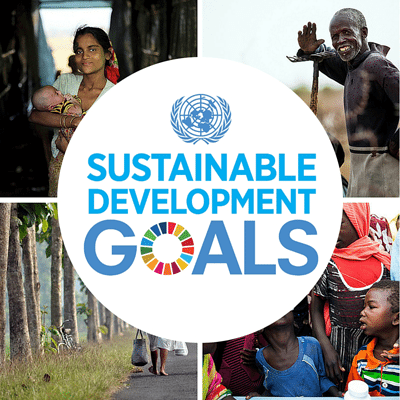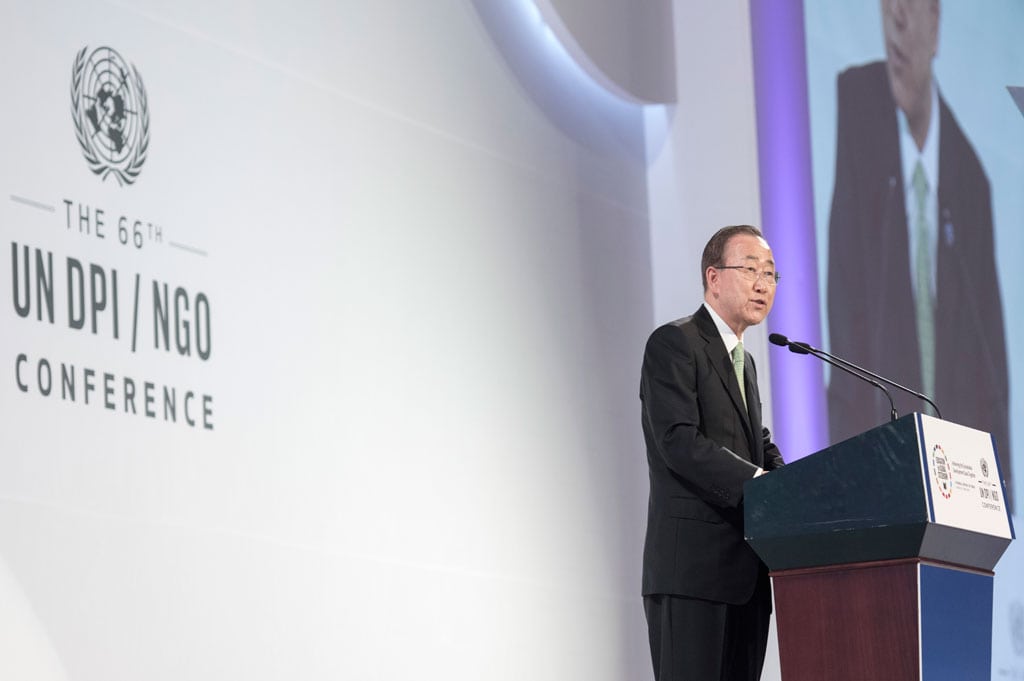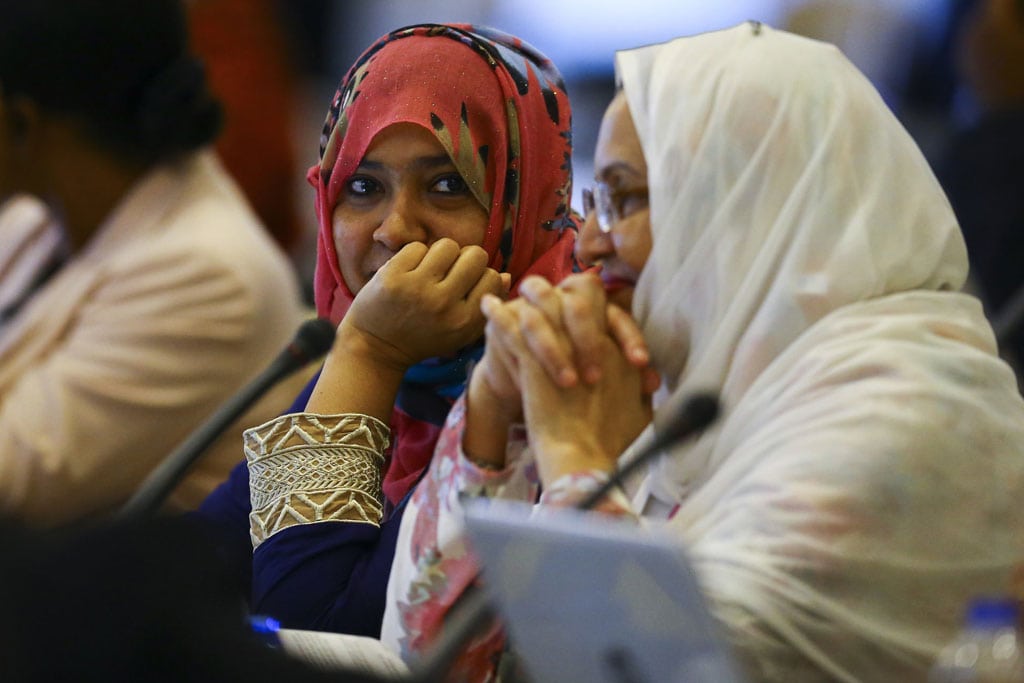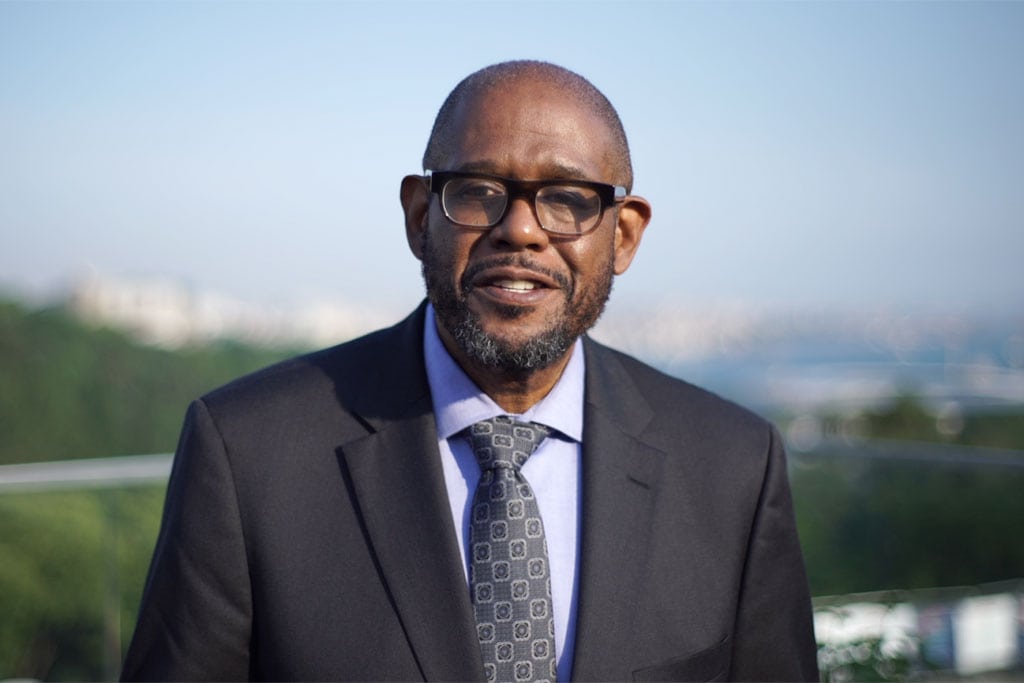 On 1 January 2016, the 17 Sustainable Development Goals (SDGs) of the 2030 Agenda for Sustainable Development — adopted by world leaders in September 2015 at an historic UN Summit — officially came into force. Over the next fifteen years, with these new Goals that universally apply to all, countries will mobilize efforts to end all forms of poverty, fight inequalities and tackle climate change, while ensuring that no one is left behind.
On 1 January 2016, the 17 Sustainable Development Goals (SDGs) of the 2030 Agenda for Sustainable Development — adopted by world leaders in September 2015 at an historic UN Summit — officially came into force. Over the next fifteen years, with these new Goals that universally apply to all, countries will mobilize efforts to end all forms of poverty, fight inequalities and tackle climate change, while ensuring that no one is left behind.
The SDGs, also known as Global Goals, build on the success of the Millennium Development Goals (MDGs) and aim to go further to end all forms of poverty. The new Goals are unique in that they call for action by all countries, poor, rich and middle-income to promote prosperity while protecting the planet. They recognize that ending poverty must go hand-in-hand with strategies that build economic growth and addresses a range of social needs including education, health, social protection, and job opportunities, while tackling climate change and environmental protection.
While the SDGs are not legally binding, governments are expected to take ownership and establish national frameworks for the achievement of the 17 Goals. Countries have the primary responsibility for follow-up and review of the progress made in implementing the Goals, which will require quality, accessible and timely data collection. Regional follow-up and review will be based on national-level analyses and contribute to follow-up and review at the global level.
Frequently Asked Questions
Related videos
News
UN chief opens DPI/NGO Conference with call for cooperation on education
Kicking off the conference in Gyeongju, Republic of Korea, Ban highlights the vital role that NGOs, academia and youth play in achieving the SDGs.
UN adopts new declaration, calls for support of least developed countries
A major UN meeting focusing on the world's least developed countries has closed in Antalya, Turkey, with the adoption of an outcome document paving the way for further concrete action.
UN launches campaign to urge ‘smart’ transition to sustainable cities
Two United Nations entities have launched a global initiative to advocate for public policy that will promote use of information and communication technologies (ICTs) as a catalyst for the transition to smart sustainable cities.
#WildForLife campaign seeks to mobilize millions to end illegal wildlife trade
The UN, backed by A-list celebrities from across the globe, launched an unprecedented campaign against the illegal trade in wildlife, which is pushing species to the brink of extinction, robbing countries of their natural heritage and profiting international criminal networks.
Indigenous peoples share hopes for the SDGs
With its promise to leave no one behind, the 2030 Agenda for Sustainable Development is of vital importance to the 370 million indigenous peoples around the world, who are often over-represented among the poor, the [...]
‘We need to solve humanitarian crises together,’ says Sustainable Development Goals Advocate Forest Whitaker
On the opening day of the World Humanitarian Summit in Istanbul, the Special Envoy of the United Nations Educational, Scientific and Cultural Organization (UNESCO), Forest Whitaker, called on individuals, governments and international organizations to act collectively to improve humanitarian action and invest more in development aid.






